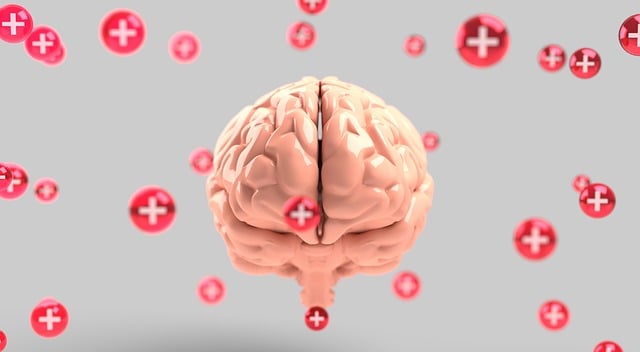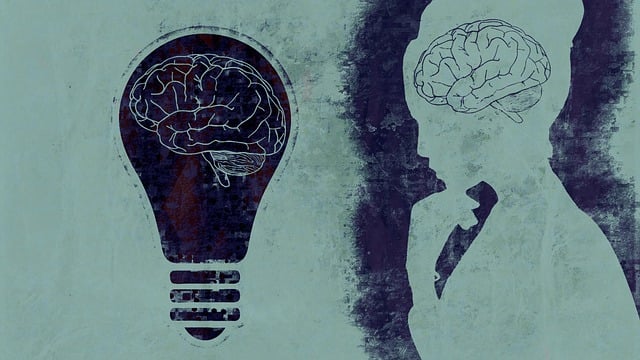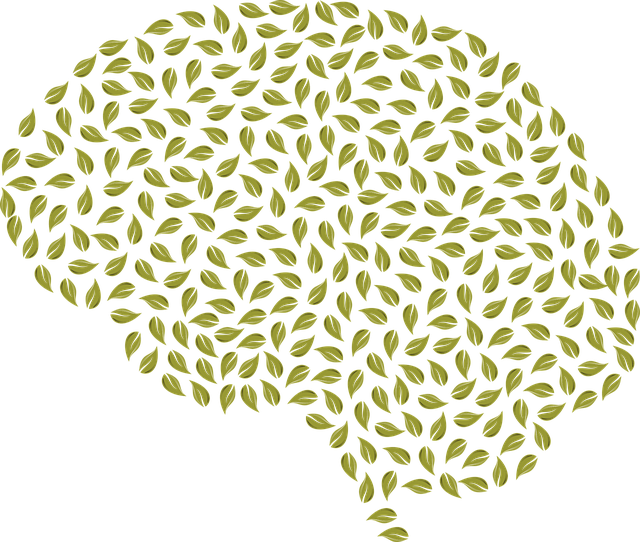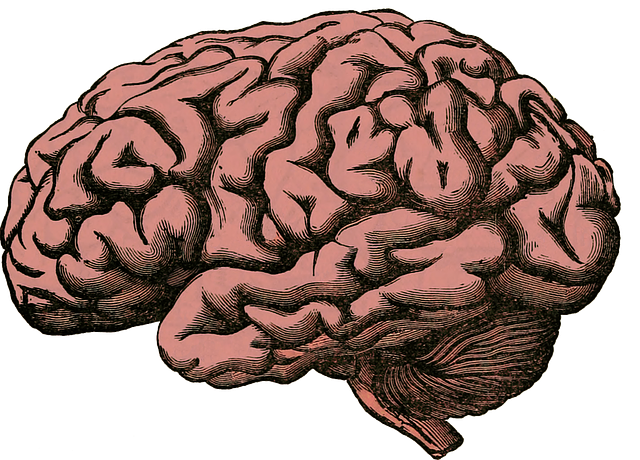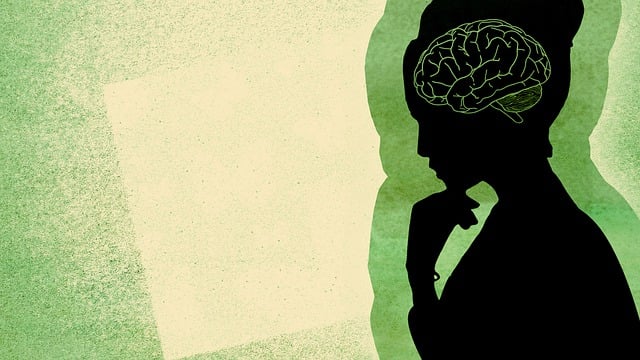Risk assessment through mental health evaluations is vital in children's therapy, identifying and addressing potential harm. These evaluations analyze psychological, social, and environmental factors, enhancing professionals' cultural competency and enabling tailored interventions. By integrating conflict resolution, mental health education, and targeted therapeutic strategies like Social Skills Training, harm minimization plans are created to empower children with coping mechanisms and promote positive outcomes. Regular reviews ensure the plan's effectiveness in response to evolving needs, emphasizing the importance of comprehensive mental health assessments for personalized therapy in children's mental well-being.
Risk assessment and harm minimization planning are vital components in ensuring the well-being of children within mental health therapy. This comprehensive guide delves into the essential practices of identifying potential risks and vulnerabilities, developing robust minimization strategies, and implementing continuous evaluation processes.
By understanding the intricacies of risk assessment, professionals can facilitate effective support, enhancing the safety and positive outcomes for young minds undergoing mental health evaluations and therapy.
- Understanding Risk Assessment in Children's Mental Health
- Identifying Potential Harms and Vulnerabilities
- Developing a Comprehensive Minimization Plan
- Implementation and Continuous Evaluation for Effective Support
Understanding Risk Assessment in Children's Mental Health

Risk assessment is a critical component of mental health care for children, serving as a structured approach to identifying and mitigating potential hazards that may impact their well-being. It involves a comprehensive evaluation of various factors, including psychological, social, and environmental influences, which could contribute to adverse outcomes in young individuals. Through thorough risk assessments, healthcare providers can gain valuable insights into a child’s unique circumstances, enabling them to design tailored interventions aimed at harm minimization.
In the context of children’s mental health therapy, these evaluations go beyond mere diagnosis. They encompass an in-depth analysis of behaviors, emotions, and relationships to predict potential risks and develop proactive strategies. This process is enhanced by cultural competency training for healthcare providers, ensuring they understand the diverse needs of children from various backgrounds. By integrating conflict resolution techniques and mental health education programs designed with age-appropriate sensitivity, professionals can create a supportive environment, fostering resilience in young minds.
Identifying Potential Harms and Vulnerabilities

Identifying potential harms and vulnerabilities is a crucial step in risk assessment and harm minimization planning, especially within the context of children’s therapy and mental health evaluations. This process involves thoroughly examining various aspects of a child’s life to uncover any factors that may contribute to emotional or psychological distress. By utilizing comprehensive mental health assessments, professionals can gain insights into a child’s experiences, behaviors, and emotional responses. These evaluations often include in-depth interviews, questionnaires, and observations to identify potential triggers for harm.
The process should consider not only external risks but also internal vulnerabilities. This includes assessing the child’s emotional intelligence, as it plays a significant role in their ability to cope with challenges and navigate social interactions. Mental health education programs designed specifically for children can empower them to recognize their emotions, develop self-care routines for better mental health, and foster resilience. Identifying these vulnerabilities enables professionals to tailor interventions and create comprehensive strategies that address the root causes of potential harm.
Developing a Comprehensive Minimization Plan

In developing a comprehensive harm minimization plan, it’s vital to integrate various therapeutic strategies tailored to address specific risks. For children, therapy for mental health evaluations plays a crucial role in identifying underlying issues and designing targeted interventions. These may include Social Skills Training to foster better interaction with peers, thereby enhancing their social support network. Additionally, focusing on Depression Prevention and Self-Esteem Improvement can equip young individuals with coping mechanisms to navigate challenging situations.
By combining these therapeutic approaches, the minimization plan becomes a robust framework aimed at minimizing potential harms and promoting positive mental health outcomes. Regular reviews and adjustments ensure its effectiveness in response to evolving needs and circumstances.
Implementation and Continuous Evaluation for Effective Support

Risk assessment and harm minimization planning are essential components of providing effective therapy for children’s mental health evaluations. By understanding potential risks, identifying vulnerabilities, and developing comprehensive minimization plans, professionals can ensure safe and supportive environments. Continuous evaluation is crucial to adapt strategies as needed, ensuring that children receive the best possible care. Integrating these practices into standard protocols not only protects young individuals but also enhances the overall quality of mental health services.


